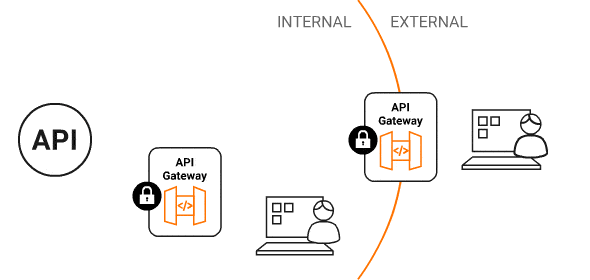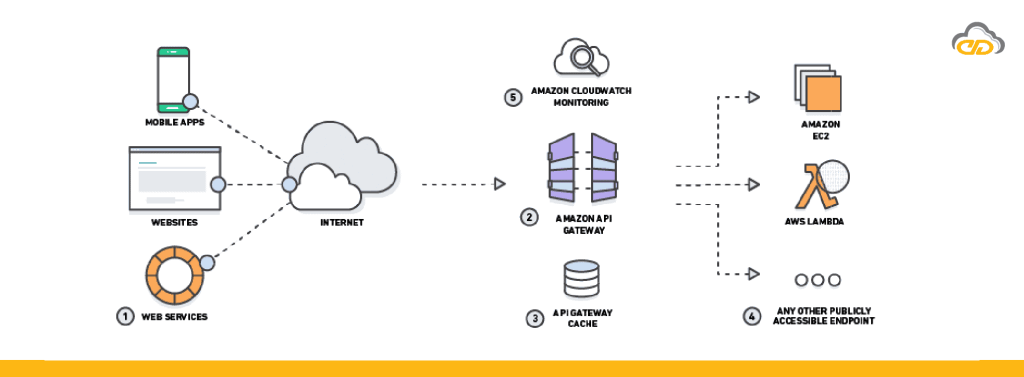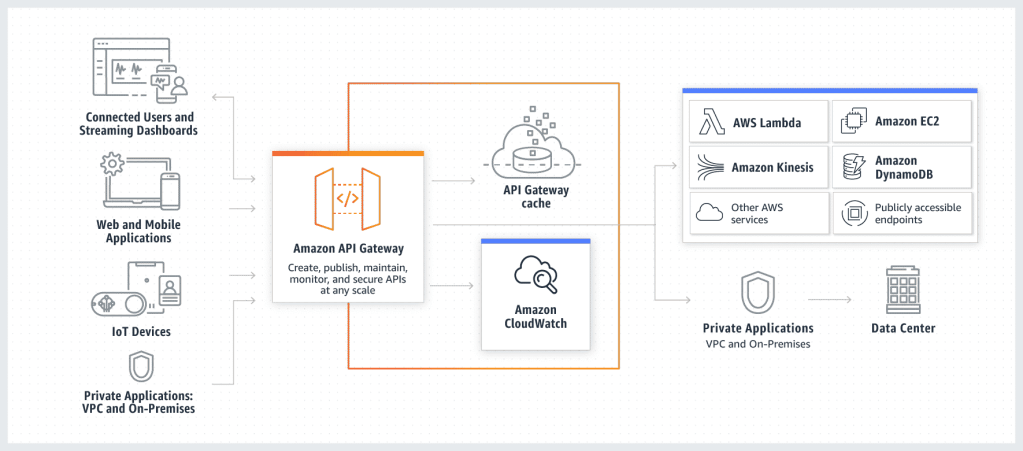Are you looking to build a new platform? Congratulations, then! You’re about to embark on a wonderful journey of ups and downs, where you’ll feel like a genius at times and want to smash your laptop against the wall at others. But don’t worry, we’re here to help. In this blog post, we’re going to give you some tips on how to choose the right API gateway for your platform.

API gateways are an essential component of any platform. They act as a single point of entry for all of your platform’s backend services. That means if you have a website, mobile app, and even a smartwatch app, they can all use the same API gateway. This is important because it allows you to change your backend services without affecting your frontend applications. It also makes it easier to add new features or products because you only have to modify or add new API endpoints. So without further ado, let’s get into it.
How Do API Gateways work?
API gateways are the nerve center of any API management strategy, providing a single point of control and access for developers, partners, and employees. But how do they work?

In a nutshell, API gateways receive requests from clients and forward them to the appropriate back-end services. They also handle tasks such as load balancing, caching, and security. By offloading these responsibilities from the API itself, API gateways can improve performance and scalability.
Additionally, they provide a convenient way to implement common API management features such as rate limiting and access control. So if you’re looking to give your API a boost, an API gateway is a good place to start.
Benefits of API gateways
API gateways offer a number of benefits for developers and end users alike. For developers, they provide a way to easily manage access to backend services and data. They also offer features like rate limiting and logging that can be used to help troubleshoot and optimize APIs. For end users, API gateways can offer a simpler way to access data and services from multiple providers. They can also provide additional security and privacy controls. Overall, API gateways can be a valuable tool for both developers and end users. These are just a few of the benefits of API gateways:
- Decoupling
- Reduce Round Trips
- Security
- Manage API keys for developers
- Rate limiting and billing
When choosing an API gateway, there are a few factors you need to consider:
- Ease of use: Is the gateway easy to use? Can you get up and running quickly?
- Documentation: Does the gateway have good documentation? Is it easy to find what you’re looking for?
- Support: Is there good support for the gateway? What do other users say about it?
- Features: Does the gateway have all the features you need? Are there any extras that would be nice to have?
- Pricing: Is the gateway affordable? Do you get what you pay for?
Choosing the right API gateway doesn’t have to be hard. Just take some time to evaluate your needs and do some research. And if you ever get stuck, feel free to reach out to us and we’ll be happy to help.
Amazon AWS API Gateway

Amazon API Gateway is a fully managed service that makes it easy for developers to create, publish, maintain, monitor, and secure APIs at any scale. With Amazon API Gateway, you can create WebSocket and REST APIs that enable applications to access data from Amazon S3, DynamoDB, Lambda, and other AWS services. You can also use API Gateway to run arbitrary code using Lambda or to route HTTP requests to any other web application. API Gateway is a scalable, reliable, and cost-effective way to build APIs that power your applications.
Conclusion
Now that we’ve gone over how to choose the right API gateway for your platform, we hope that you feel more confident in your decision. Just remember to take your time, evaluate your needs, and do some research. And if you ever get stuck, reach out to us and we’ll be happy to help.





